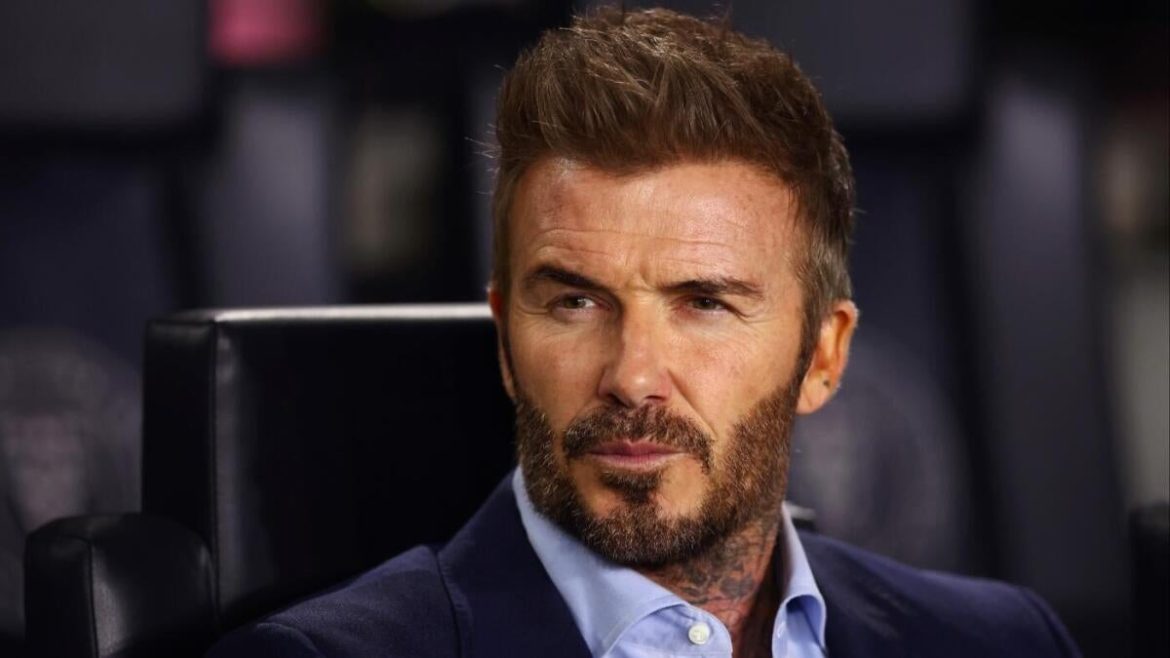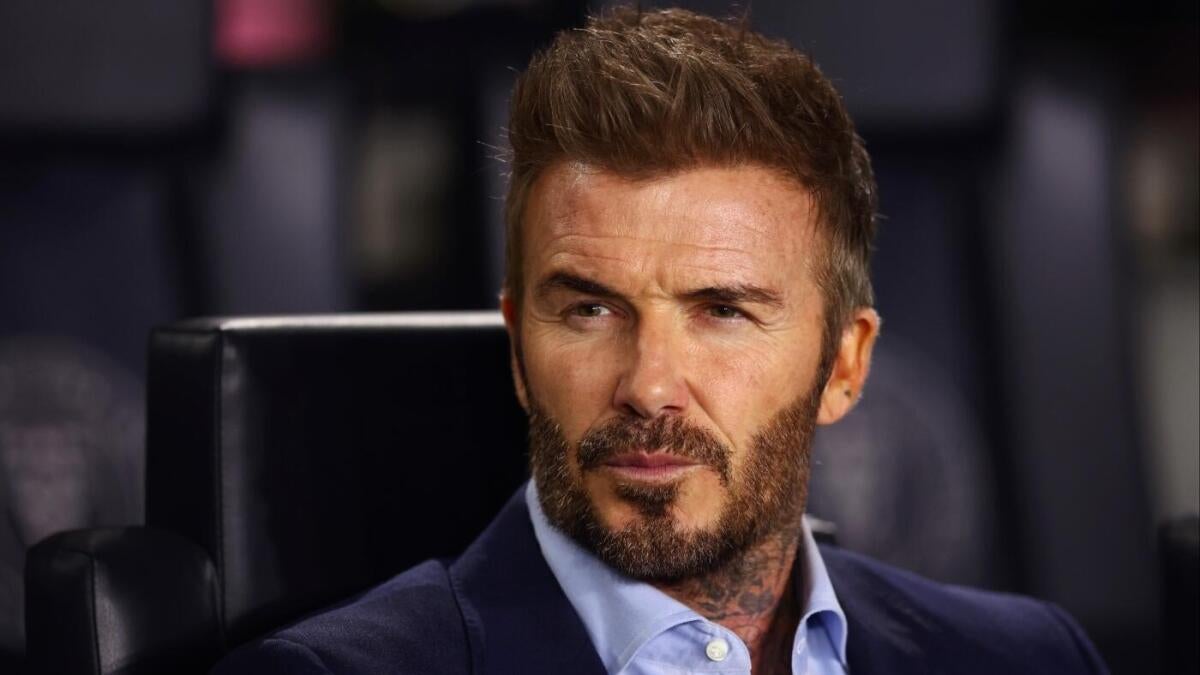David Beckham’s Relationship With Manchester United: A Spectrum of Respect, Criticism, and Legacy
David Beckham stands as one of Manchester United’s most iconic figures, whose impact both on and off the pitch continues to provoke vibrant discussion among fans, media, and former players alike. Recent comments from Beckham himself offer a candid window into his views on the current state of Manchester United players, intertwining themes of respect, professional conduct, and the enduring challenges tied to club legacy. A detailed analysis of his perspective and its broader implications follows.
The Essence of Respect: Beckham’s Criticism of Current Manchester United Players
David Beckham has recently voiced strong opinions about some current Manchester United players, notably accusing a few of “disrespecting” the fans. While clarifying that not all players share this behavior, his focus on “one or two” individuals highlights a perceived disconnect between certain players’ conduct and the club’s storied traditions. Beckham’s criticism centers on upholding respect for the supporters—those who fuel the club’s spirit and longevity.
This insistence on respect reflects Beckham’s deep emotional connection to Manchester United and its fanbase, cultivated during his formative years as a player. The legend’s direct message to “show a little respect,” echoed during his co-ownership role at Inter Miami when admonishing Minnesota United’s social media conduct, reinforces his consistent stance that professionalism and fan engagement remain non-negotiable values in football culture.
The Burden of Legacy: Beckham’s Own Experience with Criticism and Abuse
Beckham’s current critiques contrast with the intense scrutiny and vilification he himself endured following the 1998 World Cup red card against Argentina. His petulant flick that led to the sending off not only sparked national outrage but also culminated in abusive fan reactions, including threats and hostile chants. Despite this, Beckham persevered and enjoyed arguably the greatest season of his life shortly thereafter, showcasing resilience that helped cement his legacy within the club and beyond.
This juxtaposition is telling: Beckham, once the most hated man in England, now stands as a voice of authority calling for respect. His trajectory from vilification to revered legend adds credibility to his critiques and separates legitimate concern from mere nostalgia.
Navigating Public Perception: Subtle Messages and Media Reactions
Beckham’s communication style, notably his “subtle makes” or brief social media critiques after recent games, garners mixed reactions from fans and pundits. The 15-word message critiquing Manchester United players after defeat hints at a nuanced understanding of the club’s dynamics—balancing loyalty with a desire for accountability.
His role as a former player affords him a unique position to influence public opinion; however, this is not without controversy. Some fans interpret his comments as overly harsh or indicative of nostalgia bias, potentially contrasting with the complex realities faced by current players under managerial and tactical pressures, such as those under club head coach Ruben Amorim.
The Complexity of Beckham’s Image: Admiration, Criticism, and Overshadowing
Beyond his critiques, Beckham remains a figure whose footballing talents and cultural influence are often hotly debated. Various voices from supporters and commentators simultaneously praise his innovative playing style—comparable to current stars like Kevin De Bruyne—and lament the absence of fair recognition, such as the Ballon d’Or omission in 1999.
Conversely, some critics argue Beckham’s reputation eclipsed his on-field contributions, labeling him “overrated.” These polarized views signify Beckham’s unique blend of sporting excellence and celebrity status, often blurring objective assessments with subjective fan sentiments.
The Emotional Ties: Beckham’s Personal Connection to Manchester United
Despite his criticisms and time away, Beckham continuously expresses unwavering loyalty to the club. His admissions about the emotional difficulty of leaving Manchester United and the pain of seeing the club’s decline, especially failing to qualify for the Champions League, reveal a deeply personal stake. Appeals to fans to keep his chant alive at Old Trafford further illustrate his longing to remain part of the club’s narrative.
His recollections of interactions with figures like Sir Alex Ferguson and teammates provide humanizing insights into the pressures and politics shaping club life. For example, he recounts moments when managerial critique threatened his status, underscoring the fragile balance of ego, discipline, and team unity crucial to Manchester United’s success.
Lessons and Broader Context: Player Critiques and Fan Culture Dynamics
Beckham’s outspoken stance opens a wider conversation about the role of former players in shaping public narratives around current squads. Critiques by club legends can sharpen scrutiny on players but may also inspire reflection, growth, and professional maturation.
This dialogue also highlights enduring tensions between fan expectations and player realities—both on performance and attitude fronts. Beckham’s demand for respect underscores a wider plea for accountability and connection in a modern football era often marked by social media sloganeering and fleeting loyalties.
Conclusion: Beckham as a Mirror Reflecting Manchester United’s Past, Present, and Future
David Beckham’s recent comments on Manchester United players epitomize his complex relationship with the club—a blend of pride, frustration, and protective allegiance. His insistence on respect for fans and club traditions resonates with many supporters who yearn for renewed excellence rooted in the values that once powered Old Trafford’s dominance.
Simultaneously, Beckham’s legacy as both a target of harsh criticism and a celebrated figure underscores football’s evolving nature, where passion, performance, and public perception collide. His voice, at once a call to accountability and a reminder of history’s weight, challenges current players to embody the relentless professionalism and dedication synonymous with Manchester United’s identity.
In capturing this dynamic, Beckham serves not only as an emblem of club heritage but as a catalyst urging reflection on how Manchester United can bridge past glories with future aspirations—anchored by respect, resilience, and redemption.





